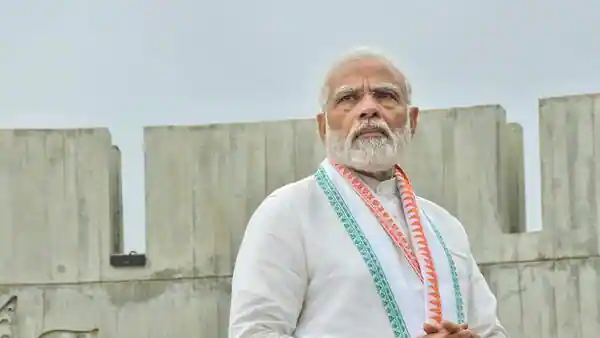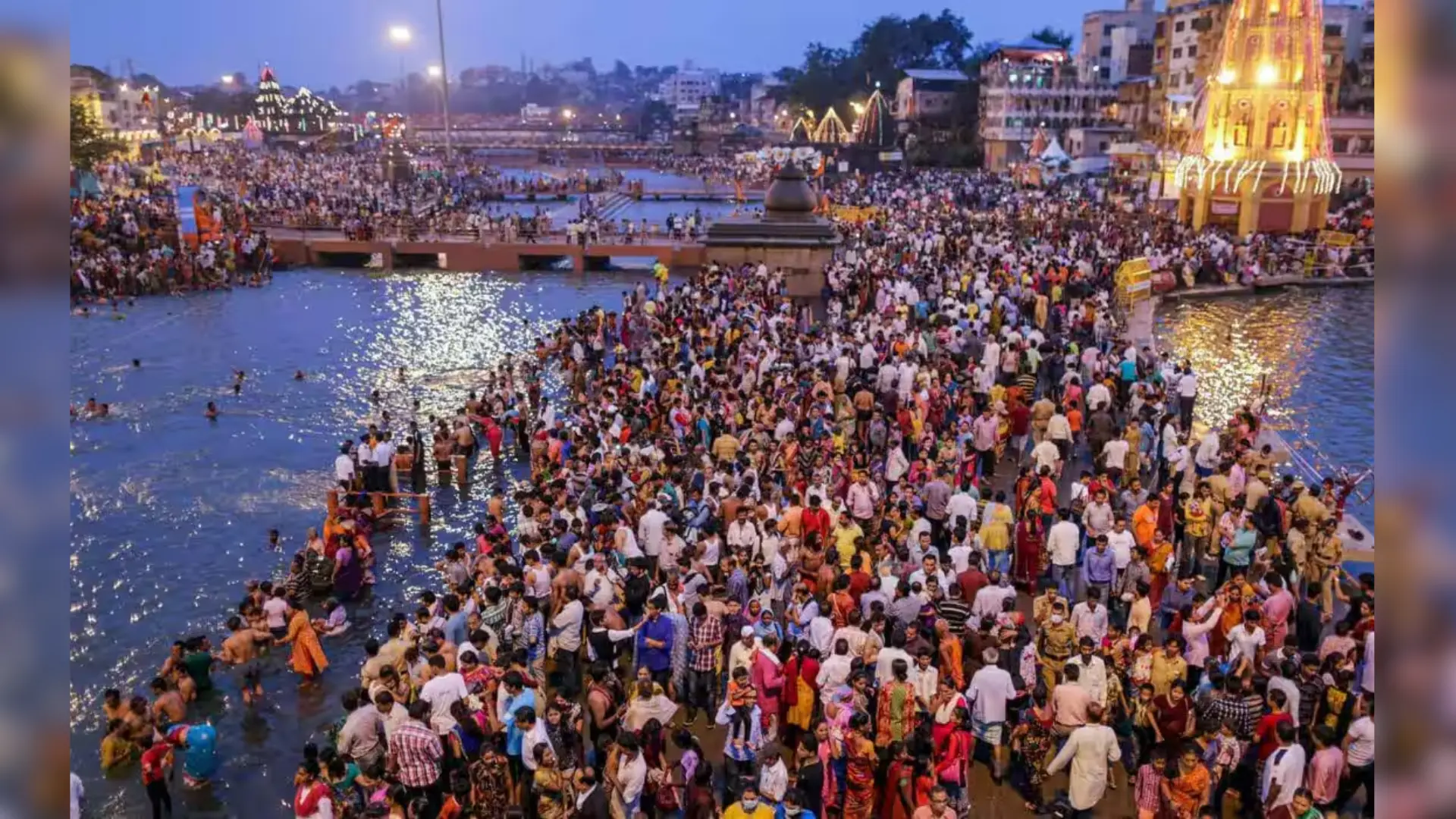Prime Minister Narendra Modi unveiled an unique app called ‘Call before you dig’ on Wednesday, a tool to assist minimise damage to underlying assets like optical fibre cables caused by uncoordinated digging and excavation, which costs thousands of crores per year.
This application will help to achieve the prime minister’s vision of integrated planning and coordinated implementation of infrastructure connectivity projects as part of the PM Gati Shakti national master plan. The Gati Shati National Master Plan is a method for project implementation that is integrated and synchronised. The mobile app will link excavators and asset owners via SMS/Email notifications and click-to-call to ensure the safety of subsurface assets during scheduled excavations across the country.
According to the government, the newly released app exemplifies the use of a “whole-of-government approach” in governance and ease of doing business.
“It will save potential business loss and minimise discomfort to the citizens due to reduced disruption in essential services like road, telecom, water, gas and electricity,” Prime Minister’s Office said on Tuesday while announcing the app launch.
In addition, Prime Minister Modi today unveiled the ‘Bharat 6G Vision Plan’ and launched the 6G R&D Test Bed, as well as inaugurating the new International Telecommunication Union (ITU) regional office and innovation centre in India.
“Within 6 months of 5G, we are already talking about 6G technology. This shows the confidence of India,” PM Modi said.
PM Modi stated that India will establish 100 5G laboratories in the next years.
“For India, telecom technology is not simply a method of power but a mission to empower…India pushed up 5G connectivity in more than 125 cities within 120 days. “In the next years, India will establish 100 5G laboratories,” Prime Minister Modi declared during the ceremony.
The International Telecommunication Union (ITU) is the United Nations’ specialised organisation for information and communication technology (ICTs). It is headquartered in Geneva and operates through a network of field offices, regional offices, and area offices.
In March 2022, India inked a host nation agreement with ITU for the creation of an area office. India India, Nepal, Bhutan, Bangladesh, Sri Lanka, Maldives, Afghanistan, and Iran will be served by the ITU area office.
“India is a role model for countries that are looking to digital transformation. India is home to one of the biggest startup ecosystems, digital payments market and tech workforce in the world. Under the vision and leadership of PM Modi, Digital India has put the country on the forefront of tech innovation & adaption with game-changing initiatives like Aadhar, UPI and others,”
Doreen Bogdan, International Telecommunication Union Secretary-General.
“Innovation in India is happening fast and at a low cost and at a scale never seen before because at the centre is the core principle of inclusive growth which is captured in the mantra of ‘Sabka Saath Sabka Vikas’,” Bogdan said.
The Bharat 6G vision document, which was released today, was developed by the Technology Innovation Group on 6G (TIG-6G), which was formed in November 2021 with members from various Ministries/Departments, research and development institutions, academia, standardisation bodies, telecom service providers, and industry to develop a roadmap and action plans for 6G in India.
6G Test bed will provide a platform for academic institutions, industry, start-ups, MSMEs, and industry, among others, to test and evaluate developing ICT technologies. The Bharat 6G Vision Document and 6G Test Bed will also provide an enabling environment in the country for innovation, capacity growth, and speedier technological uptake.
From October 2022 forward, telecom service providers in India began offering high-speed 5G services. In August 2022, the government issued spectrum allocation letters to telecom service providers, instructing them to prepare for the country’s 5G launch.
The Department of Communication received bids totaling Rs 1.50 lakh crore from the 5G spectrum auction. What exactly is 5G, and how does it vary from existing 3G and 4G services? 5G is a fifth-generation mobile network capable of transferring enormous amounts of data at high speeds.
Compared to 3G and 4G, 5G has very low latency, which will improve user experiences in a variety of industries. Low latency refers to the efficiency of processing a large amount of data packets with little delay.


















